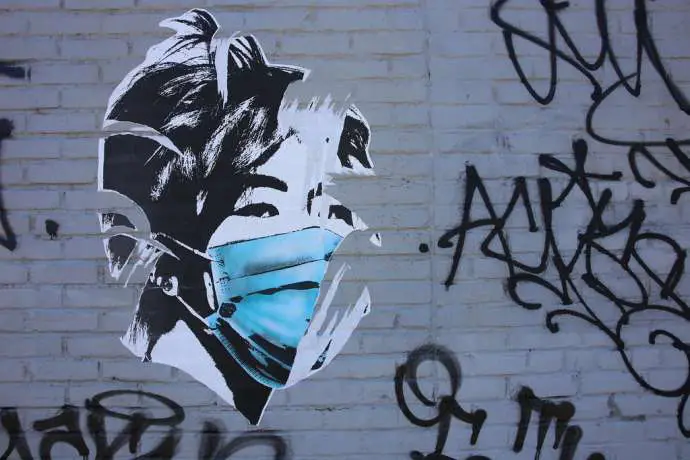STA, 9 March 2020 - The National Security Council adopted several measures on Monday to curb the spread of coronavirus, the most notable being temperature screenings that are to be introduced at Ljubljana airport. Extra measures are planned on the land border as well. The cabinet has prepared a EUR 1bn stimulus package to mitigate the impact on the economy.
The checking of passengers arriving at Jože Pučnik airport is expected to be introduced in a few days, while the authorities are still looking into the possibility of introducing preventive measures on the border with Italy.
Police can set up border control within 48 hours while small border crossings will probably have to be closed, Health Minister Aleš Šabeder said.
The National Security Council also agreed today that indoor events would have to be limited to 100 participants as of Tuesday, and that all sports events for 500-plus visitors, including the upcoming Alpine Ski World Cup events and the Ski Flying World Championships in Slovenia, would be carried out without spectators.
The organisers of the Planica World Championship have already announced they will honour the decision, but noted this will create a loss of EUR 650,000.
A number of higher education institutions across Slovenia have decided to cancel in-class lectures and switched to online lectures and e-classes to prevent the spread of coronavirus.
The first to announce a suspension of the "teaching process" for a fortnight was the Koper-based University of Primorska, citing the outbreak in neighbouring Italy as part of the reason, while lectures have also been cancelled at the University of Novo Mesto and at least seven colleges of the University of Ljubljana, Slovenia's largest.
Schools and kindergartens will, however, remain open for the time being, agreed officials today.
Most hospitals and retirement homes have already banned visitors, while the Prison Administration has advised inmates to use the phone to contact their relatives although visits have not been banned.
The National Security Council also agreed today that the Finance Ministry would immediately release budget reserves for the purchase of protection gear. Slovenia will order half a million protective face masks as part of an EU public procurement of protective gear, said Health Minister Aleš Šabeder.
Since the coronavirus outbreak has severely affected businesses, the government announced today a stimulus package worth a billion euro for short- and long-term measures such as tax deferrals, state guarantees and credit lines.
The measures are designed to provide liquidity to businesses, preserve jobs, reduce losses and make sure companies' market position does not deteriorate, Economy Minister Zdravko Počivalšek said after a session of the council for competitive and stable business environment, an advisory body.
Of the total amount, roughly EUR 600 million will come from existing financial mechanisms available at SID Banka, the state-owned export and development bank, which will also provide EUR 200 million for new measures.
The Slovenian Enterprise Fund will have EUR 115 million available for small and medium-sized companies, while the Slovenian Regional Development Fund will offer a scheme under which companies will be able to roll over debt.
An emergency law will be adopted to co-finance temporary lay-offs. Over EUR 51m will be set aside for companies that have to temporarily lay off more than half of their staff. The state would provide 40% of wage compensation in such cases.
The number of confirmed coronavirus infections in Slovenia grew to 23 by 2pm today, with the greatest number of infected coming from the south-east (ten) and the Ljubljana area (nine).
All of the patients are feeling fine. They are being treated at the UKC Ljubljana, UKC Maribor and the Novo Mesto hospitals.
The NIJZ has so far proposed quarantine for about 50 people.
In 14 cases, patients were infected abroad, mostly in Italy, and in nine cases secondary infections occurred, but all were connected to the known cases.
Keep up to date on coronavirus and Slovenia here






